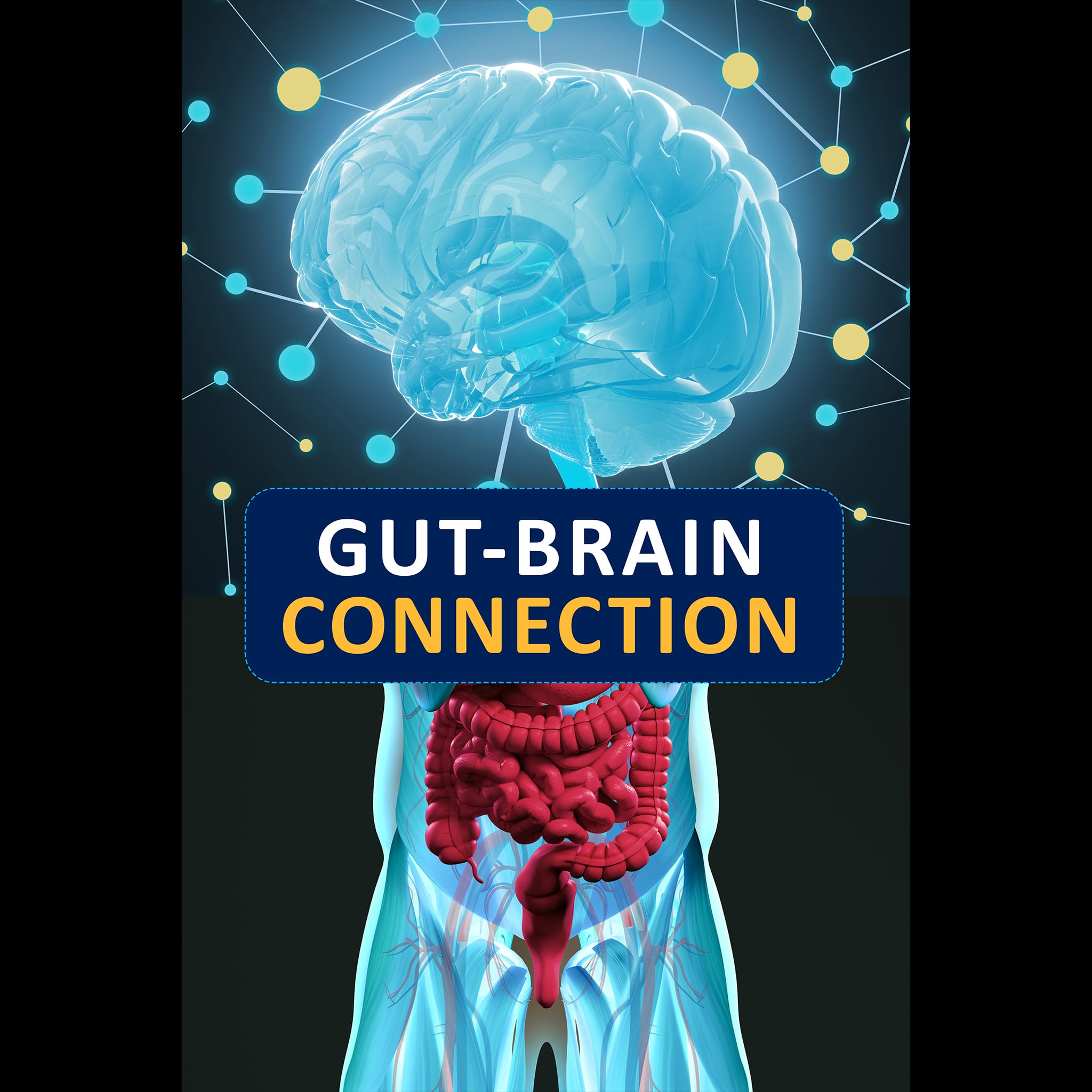Critical work and progress is underway in the area of mental health, stress regulation and neuro-development. The fact that the bacteria populations in the gut have a direct effect on behavior and stress is becoming commonplace and professional support has become more widely available than ever before. Gladly, advanced testing and management is finally available to the public which provides a clear window into the “Gut-Brain Connection.”
The “Gut-Brain Connection” has a few components. First of all, the intestines are home to trillions of bacteria which are responsible for manufacturing 90% of the body’s supply of “neurotransmitters” which control emotions, mood and more. Examples of neurotransmitters are serotonin (helps sleep and balances anxiety), dopamine (provides feelings of calm) and GABA (relaxes the nervous system).
Next, the primary connection between the brain and everything in the digestive system is the Vagus nerve. This is like a superhighway that carries information between the bacteria in the gut and the brain. Essentially, the brain “listens” to the bacteria, receives the neurotransmitters they make and (hopefully) provides us with balanced emotions and favorable stress responses.
Now the brain has its own “stress management system” called the “HPA-axis.” A National Institute of Health study (1) indicates some exciting news by stating that “the HPA axis is a key component that can be affected by changes in the enteric microbiota.”
Basically this acknowledges the fact that bacteria in the gut influence our body’s stress response and emotional state. This is so critical in the area of healthcare that seeks to improve development in those with special needs, developmental disabilities, learning disabilities and emotional resilience challenges. The special needs community can benefit tremendously with this type of support in order to keep stress low, balance emotions and open the brain to its developmental potential.
There is more good news in this study. It states : “Furthermore, in this study we observed that L. rhamnosus administration reduces the stress-induced elevation in corticosterone, suggesting that the impact of the Lactobacillus on the CNS has an important effect at a physiological level.”
This statement clarifies that certain strains of healthy bacteria called L. Rhamnosus and lactobacillus have a positive impact on the central nervous system where emotions and learning are processed.
Understand that the body’s stress management system (HPA-axis) can dysfunction and lead to difficult conditions like mood disorders which can hinder development. The study states that “alterations in the HPA axis have been linked to the development of mood disorders…”
Good news though. We are informed by this landmark study that “it has been shown that alterations in HPA axis modulation can be reversed by treatment with Lactobacillus and Bifidobacterium.”
This is truly excellent news for the field of behavioral health and for those struggling with emotional issues, learning disabilities, Autism, brain disorders and more.
A final note of good news lies in the fact that we as humans are very similar genetically to all mammals and we see hope emerging from animal studies. This National Institute of Health article informs us that “ingestion of Lactobacillus strain regulates emotional behavior and central GABA receptor expression in a mouse via the vagus nerve.”
Here, we can see all the crucial parts at work… the vagus nerve, the brain and the gut bacteria.
But how can we find out how improvements can be made on a case by case basis?
Gratefully, specialized physicians in the field of Alternative and Functional Medicine are now available to provide advanced stool testing, Vagus nerve assessments and all-natural support to improve this valuable bacteria population which is so necessary for proper developmental health.
About the author: Dr. Daniel Farkas, DC, CFMP is a Certified Functional Medicine Practitioner, author, speaker and researcher based in Troy, Michigan who works with clients virtually across the United States. He can be reached for questions at backtohealthnaturalsolutions.com.


